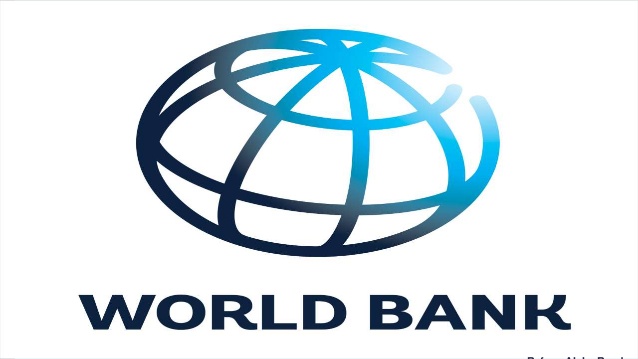Abuja, Dec. 14, 2023: The World Bank’s latest International Debt report says developing countries spent a record 443.5 billion dollars to service their external public and publicly guaranteed debt in 2022.
The bank said this happened amid the biggest surge in global interest rates in four decades.
This is contained in a statement issued by the World Bank’s Online Media Briefing Centre, a copy obtained by the News Agency of Nigeria(NAN) in Abuja on Wednesday.
The statement said the increase in costs shifted scarce resources away from critical needs such as health, education, and the environment.
It said the report revealed that debt-service payment, which includes principal and interest, increased by 5 per cent over the previous year for all developing countries.
“The 75 countries eligible to borrow from the World Bank’s International Development Association (IDA), which supports the poorest countries, paid a record 88.9 billion dollars in debt-servicing costs in 2022.
“Over the past decade, interest payments by these countries have quadrupled, to an all-time high of 23.6 billion dollars in 2022.
“Overall debt-servicing costs for the 24 poorest countries are expected to balloon in 2023 and 2024 by as much as 39 per cent,” the report said.
The report said that IDA-eligible countries have spent the last decade adding to their debt at a pace that exceeds their economic growth, a red flag for their prospects in the coming years.
It said in 2022, the combined external debt stock of IDA-eligible countries hit a record 1.1 trillion dollars which was more than double the 2012 level.
“From 2012 through 2022, IDA-eligible countries increased their external debt by 134 per cent , outstripping the 53 per cent increase they achieved in their gross national income.
The statement quoted Indermit Gill, World Bank Group’s Chief Economist and Senior Vice-President, as saying “record debt levels and high interest rates have set many countries on a path to crisis.
“Every quarter that interest rates stay high results in more developing countries becoming distressed and facing the difficult choice of servicing their public debts or investing in public health, education, and infrastructure.
Gill said the situation warranted quick and coordinated action by debtor governments, private and official creditors, and multilateral financial institutions, as well as more transparency, better debt sustainability tools, and swifter restructuring arrangements.
“The alternative is another lost decade,” he said.
The report said interest payments consumed an increasingly large share of low-income countries’ exports.
It said the stronger US dollar was adding to their difficulties, making it even more expensive for countries to make payments.
The report said as debt-servicing costs had climbed, new financing options for developing countries had dwindled.
It said in 2022, new external loan commitments to public and publicly guaranteed entities in these countries dropped by 23 per cent to 371 billion dollars, the lowest level in a decade.
The report said private creditors largely abstained from developing countries, receiving 185 billion dollars more in principal repayments than they disbursed in loans.
“That marked the first time since 2015 that private creditors have received more funds than they put into developing countries.”
It said with financing from private creditors drying up, the World Bank and other multilateral development banks stepped in to help close the gap.
“Multilateral creditors provided 115 billion dollars in new low-cost financing for developing countries in 2022, nearly half of which came from the World Bank.
“Through IDA, the World Bank provided 16.9 billion dollars more in new financing for these countries than it received in principal repayment, nearly three times the comparable number a decade ago.
“In addition, the World Bank disbursed 6.1 billion dollars in grants to these countries, three times the amount in 2012.”
The Statement quoted Haishan Fu, Chief Statistician and Director, World Bank’s Development Data Group, as saying “knowing what a country owes and to whom is essential for better debt management and sustainability.
“The first step in avoiding a crisis is having a clear picture of the challenge, and when problems arise, clear data can guide debt restructuring efforts to get a country back on track towards economic stability and growth.
“Debt transparency is the key to sustainable public borrowing and accountable, rules-based lending practices which are so vital to ending poverty on a livable planet, ” he said.




